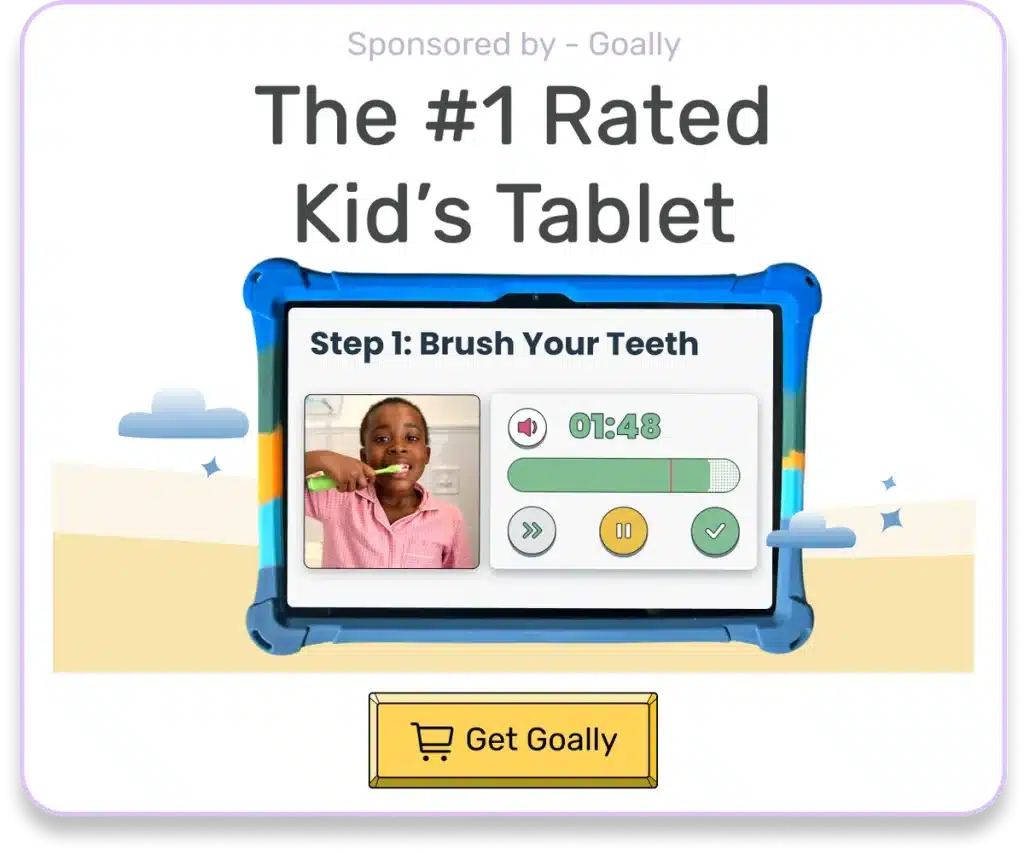As a parent, you’re always on the lookout for your child’s well-being. So, when you notice your little one struggling with focus, impulsivity, or hyperactivity, you might wonder if it’s ADHD. The question on your mind: “Can a pediatrician diagnose ADHD?” The answer is yes, but there’s more to the story. In this blog post, we’ll explore the role of pediatricians in diagnosing ADHD, what to expect during the evaluation process, and how to support your neurodivergent child.
Table of Contents
Understanding ADHD and the Diagnostic Process
Attention Deficit Hyperactivity Disorder (ADHD) is a neurodevelopmental condition that affects millions of children worldwide. It can manifest in various ways, including inattention, impulsivity, and hyperactivity. Diagnosing ADHD is a multi-step process that involves gathering information from multiple sources, such as parents, teachers, and healthcare professionals.
While pediatricians can diagnose ADHD, they often collaborate with other specialists to ensure a comprehensive evaluation. This team may include psychologists, psychiatrists, and occupational therapists. Together, they assess your child’s behavior, academic performance, and social skills to determine if ADHD is the underlying cause.
What to Expect During the ADHD Evaluation
The ADHD evaluation process is thorough and involves several steps. Here’s a breakdown of what you can expect during the evaluation:
- Initial Consultation: Your pediatrician will start by discussing your concerns and gathering information about your child’s medical history, developmental milestones, and family background.
- Behavioral Assessment: The pediatrician may use standardized questionnaires or rating scales to evaluate your child’s behavior in different settings, such as home and school.
- Physical Examination: A thorough physical exam helps rule out other medical conditions that may mimic ADHD symptoms, such as sleep disorders, hearing or vision problems, and thyroid issues.
- Psychological Testing: In some cases, your pediatrician may refer your child to a psychologist or psychiatrist for further evaluation, including cognitive and achievement tests.
- Collaboration with School: The pediatrician may also consult with your child’s teachers to gather additional information about their academic performance and behavior in the classroom.

Read more: What Questions Do They Ask in an ADHD Test?
Once the evaluation is complete, the healthcare team will review the findings and determine if your child meets the criteria for an ADHD diagnosis. If so, they will discuss treatment options and strategies to support your child’s unique needs.
Supporting Your Neurodivergent Child: Tips for Parents
As a parent of a child with ADHD, it’s essential to stay informed and proactive in supporting their growth and development. Here are some tips to help your neurodivergent child thrive:
- Establish routines: Consistent daily routines can help your child feel more secure and focused. Establish regular times for meals, homework, play, and bedtime.
- Set clear expectations: Clearly communicate your expectations and consequences for your child’s behavior. Be consistent in enforcing rules and providing positive reinforcement for good behavior.
- Encourage physical activity: Regular exercise can help improve focus and reduce impulsivity in kids with ADHD. Encourage your child to participate in sports or other physical activities they enjoy.
- Stay organized: Help your child develop organizational skills by providing tools such as calendars, checklists, and color-coded folders for schoolwork.
- Seek support: Connect with other parents of neurodivergent kids, join support groups, or attend workshops to learn more about ADHD and share experiences.

Read more: Are Kids With ADHD Defiant?
Remember, you’re not alone in this journey. By working together with healthcare professionals, educators, and fellow parents, you can help your neurodivergent child reach their full potential.
Read more: What is an Early Diagnosis?
Can a Pediatrician Diagnose ADHD? Yes, But Collaboration is Key
Pediatricians play a crucial role in diagnosing ADHD, but they often work in tandem with other specialists to ensure a comprehensive evaluation. As a parent, it’s essential to be proactive in seeking help and supporting your child’s unique needs.
| Role of Pediatrician | Role of Other Specialists |
|---|---|
| Initial consultation and medical history | Psychological testing and therapy |
| Behavioral assessment | Occupational therapy |
| Physical examination | Collaboration with school |
Try Goally For Your Child With ADHD
Goally helps kids with ADHD stay focused and build skills. Unlike a Kindle or an iPad that kids get easily distracted on, Goally has no YouTube, no social media, no web browser, and especially no ads.
Goally uses game play as a points-based motivator for your kiddo with ADHD and helps them learn emotional regulation skills. It’s simple to set up and has an expert-informed design.

By working together with healthcare professionals, educators, and fellow parents, you can help your neurodivergent child reach their full potential. So, can a pediatrician diagnose ADHD? Yes, but remember that collaboration is key to ensuring the best possible outcome for your child.
This post was originally published on 05/07/2023. It was updated on 10/12/2023.

Goally
We help parents teach their kids life skills, like doing bedtime and morning independently. Backed by science, we incorporate evidence-based practices and expert-informed designs in all of our apps and content.






